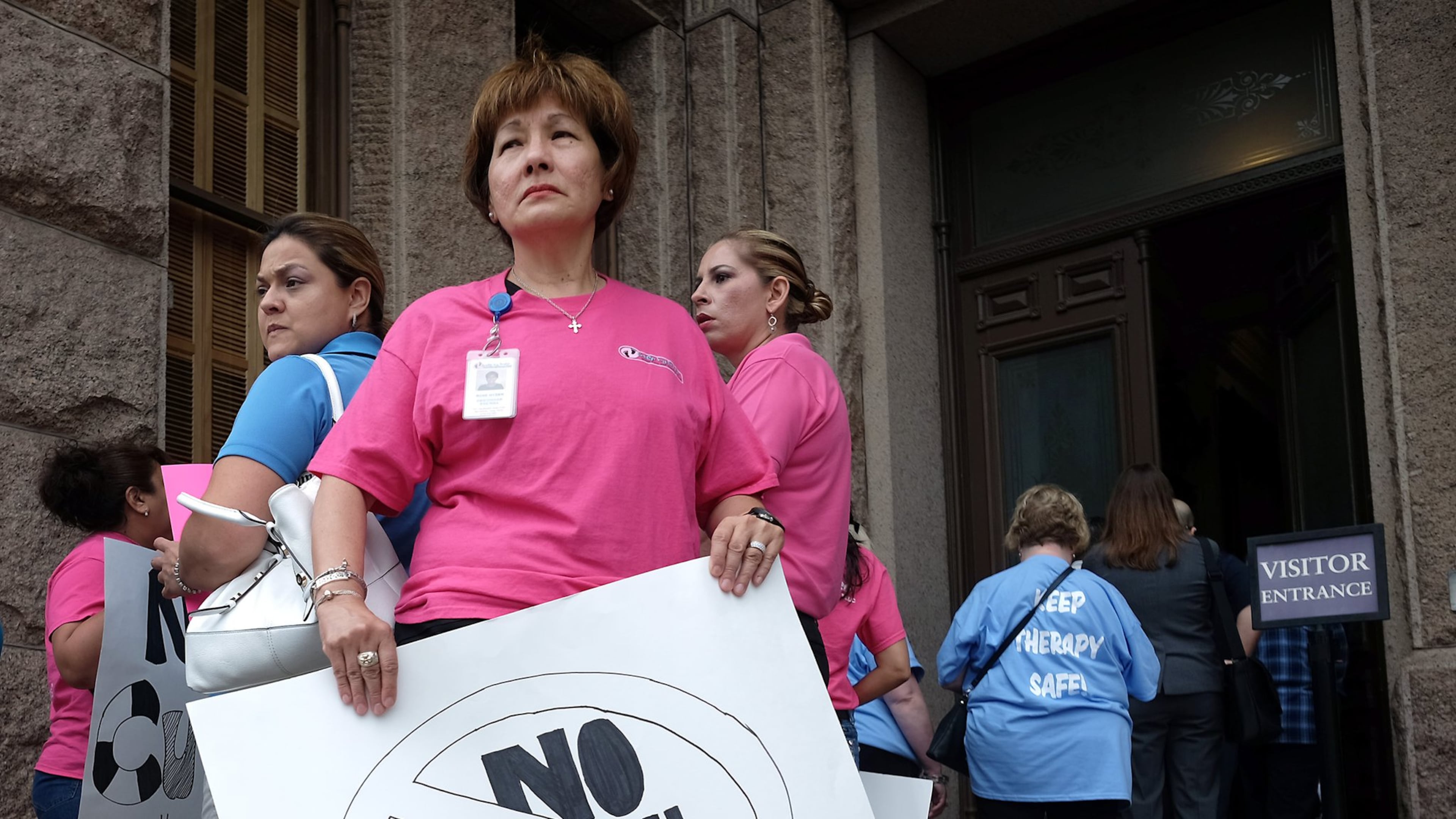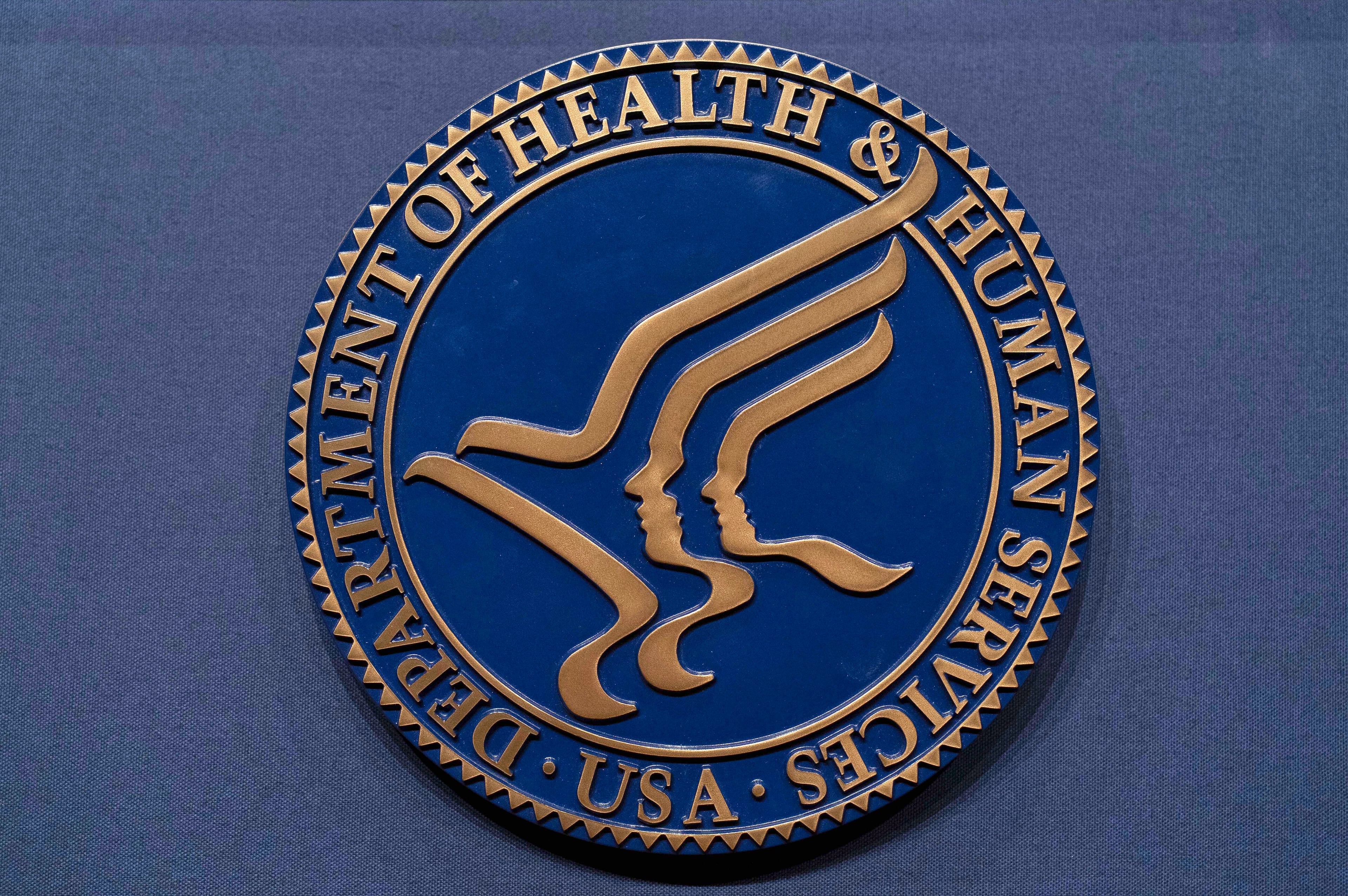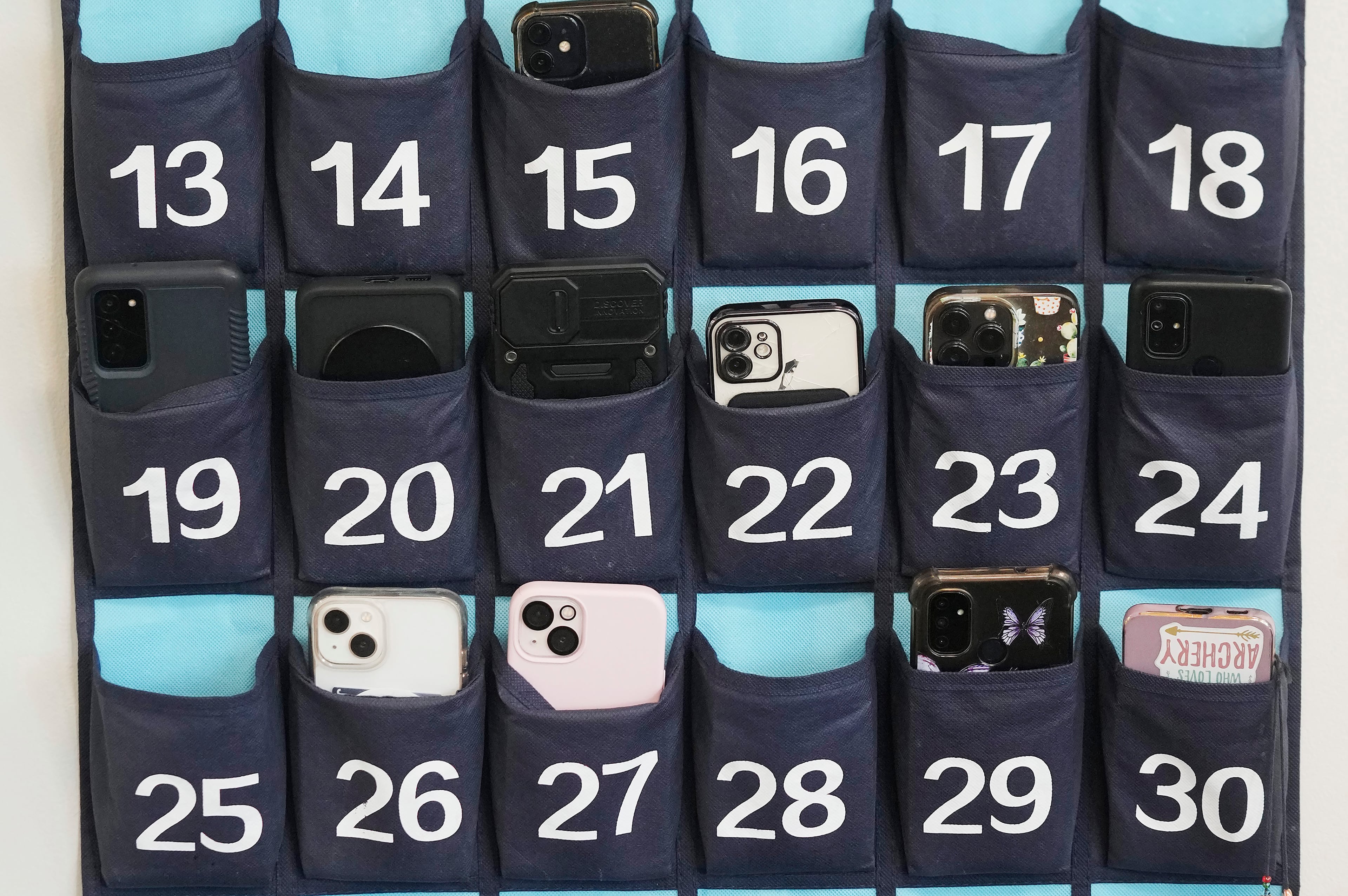Medicaid cuts punish Georgia’s disabled citizens: Here’s one family’s story

As executive director of the Down Syndrome Association of Atlanta, I see first-hand how Medicaid benefits our community.
I’d like to highlight the story of a former board member, who chronicles his family’s journey and why cutting funding will impact his family and others across Georgia.
When his daughter turned 6 months old, she couldn’t sit up on her own, wasn’t crawling, and struggled to feed.
After a series of appointments with neurologists, developmental pediatricians, and other specialists, his family got the news no parent wants to hear: their daughter wasn’t meeting her milestones and likely had developmental delays.
While the full scope of her diagnosis remains unclear, they know she has a severe speech delay, learning challenges, and what doctors refer to as a “mild intellectual disability.”
The family fell into the ‘messy middle’ because of their income level
They quickly sought help and found Babies Can’t Wait Program, which connected them with early intervention services. As she approached preschool age, they applied for Georgia’s Katie Beckett Deeming Waiver, a program designed for families like theirs who don’t qualify for traditional Medicaid but still face overwhelming healthcare costs.

This waiver has been a lifeline. It offsets the exorbitant cost of critical services such as medications, neuropsychological testing, and therapies that their private insurance won’t.
They fall into the so-called “messy middle.” They make too much money to qualify for most financi al assistance, but they don’t make so much that they can easily stroke a check for the tens of thousands of dollars they’d incur without the Medicaid waiver.
They’re required to have private insurance, but it limits the amount of therapies their daughter can receive, so the waiver gives her access to additional, but not endless, interventions.
For the family, Medicaid is not a handout, a crutch, or a welfare boondoggle.
It’s a bridge.
Government support leads to health progress, which is now threatened
Because of this support, their daughter, now a teenager, has made remarkable progress.
She went from crawling to eventually walking with the benefit of braces, to now running on her own. She’s made incredible speech gains, now able to communicate her needs clearly, and yes, even talk back to us as teens sometimes do.
She’s gained a level of independence the family never thought imaginable when they started this journey.
But their journey is far from over.
While most neurotypical children leave the nest at 18 and go on to be self-sufficient, tax-paying members of society, it’s very likely that their daughter will have to live under their roof or in a group home setting for the rest of her life.
At 18, she’ll no longer qualify for Katie Beckett, so they’ll soon be applying for the “Now Comp Waiver,” another Medicaid program for disabled adults that will be pivotal to helping their daughter live the most independent life she can.
Without that financial support, many disabled adults will have no choice but to live with their parents or guardians if they’re lucky enough to have them.
The ripple effect of these cuts would be felt for years to come.
Deeper Medicaid cuts mean adults will lose their independence
If parents/guardians become full-time caregivers, they’re not working or paying taxes.
Multiply that by the number of families in the board member’s family’s shoes and we’re talking real money.
Many disabled adults currently living on their own because of the waiver would have to move back in with parents who can’t afford to fully support them. What happens to those adults who no longer have living relatives? I shudder at the thought.
Unfortunately, this program already has a massive waiting list, officially around 7,000 people, though some believe it’s nearly double that.
At a recent webinar, a state official tried to rebrand it as a “planning list,” but the reality is grimmer: year after year, Georgia lawmakers debate adding funding, and year after year, little changes. And now deeper cuts are on the horizon.
According to the Georgia Council on Developmental Disabilities (GCDD), forthcoming Medicaid cuts will further reduce:
- Home and community-based services (like NOW/COMP)
- Hospital and physician visits
- Autism assessments and treatment
- Katie Beckett services that allow children like mine to stay in their homes
- And access to Supplemental Security Income (SSI) benefits for families in need
Cutting aid for most vulnerable members is a human rights issue
It wasn’t long ago that people like my former board member’s daughter were institutionalized, locked away, forgotten. Medicaid helped change that. It gave thousands of families the ability to keep their loved ones at home, in their communities, living fuller, more meaningful lives.
You may not have a direct connection to someone with a developmental disability, but you likely cross paths with them every day, bagging your groceries, greeting you at a store, or making your coffee. These individuals didn’t choose their circumstances. They deserve dignity, support, and opportunity.”
Cutting Medicaid for society’s most vulnerable members shouldn’t be a partisan issue; it’s a human rights issue.
I urge you: Contact your elected representatives. Tell them these programs matter. Tell them lives depend on it.
Because as a society, we have a moral obligation to care for those who cannot care for themselves.
Sheryl Arno is executive director of the Down Syndrome Association of Atlanta.


